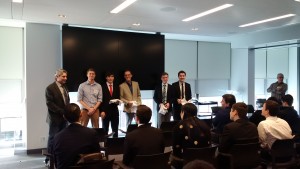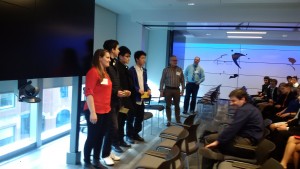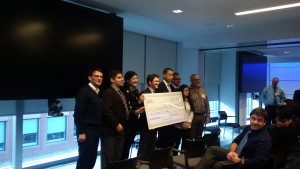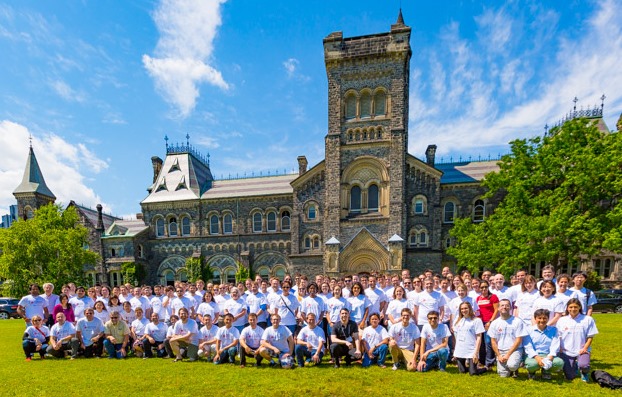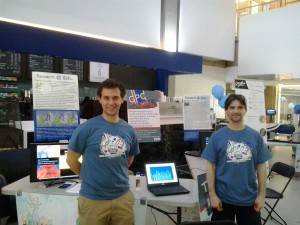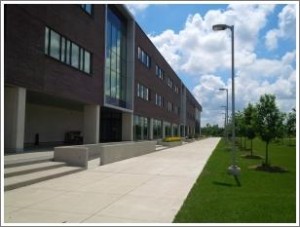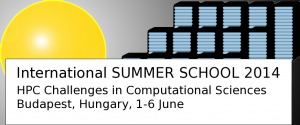Big Data Challenge for HighSchool Students 2016
February 12, 2016 in blog-general, for_educators, for_press, frontpage, success_story
SciNet in partnership with STEM Fellowship (http://stemfellowship.org/), SAS and Open Data Toronto, organized the second edition of the “Big Data Challenge for High School Students”.
On Feb. 4th, the 2015/2016 Big Data Challenge for high school students took place. 8 teams from several schools across the GTA presented their research on data analytic in front of peers and judges.
Inspired by “Big Data in the City” theme, students gathered data from Open Data Toronto, analysed and investigated topics such as: immigration relocation strategies, emergency response for first responders services, identification of clusters in Toronto, environmental analysis of Toronto neighbourhoods, debt risk analysis of the city, collision patterns and prevention, data mining from social media related to energy efficient companies, among many others.
SciNet members, in addition to organize this event participated evaluating the initial proposals and judging the final 8 qualified for the final presentation.
Participants of the Big Data Challenge will be participating in tours to SciNet’s datacenter, as an unique opportunity to experience and visit the home of the largest super-computers in Canada!
Congratulations to all the participants!!!
Further information can be found in the following links:
http://stemfellowship.org/bigdata
http://journal.stemfellowship.org/doi/abs/10.17975/sfj-2015-013
https://support.scinet.utoronto.ca/education/go.php/230/index.php/ib/1//p_course/230


